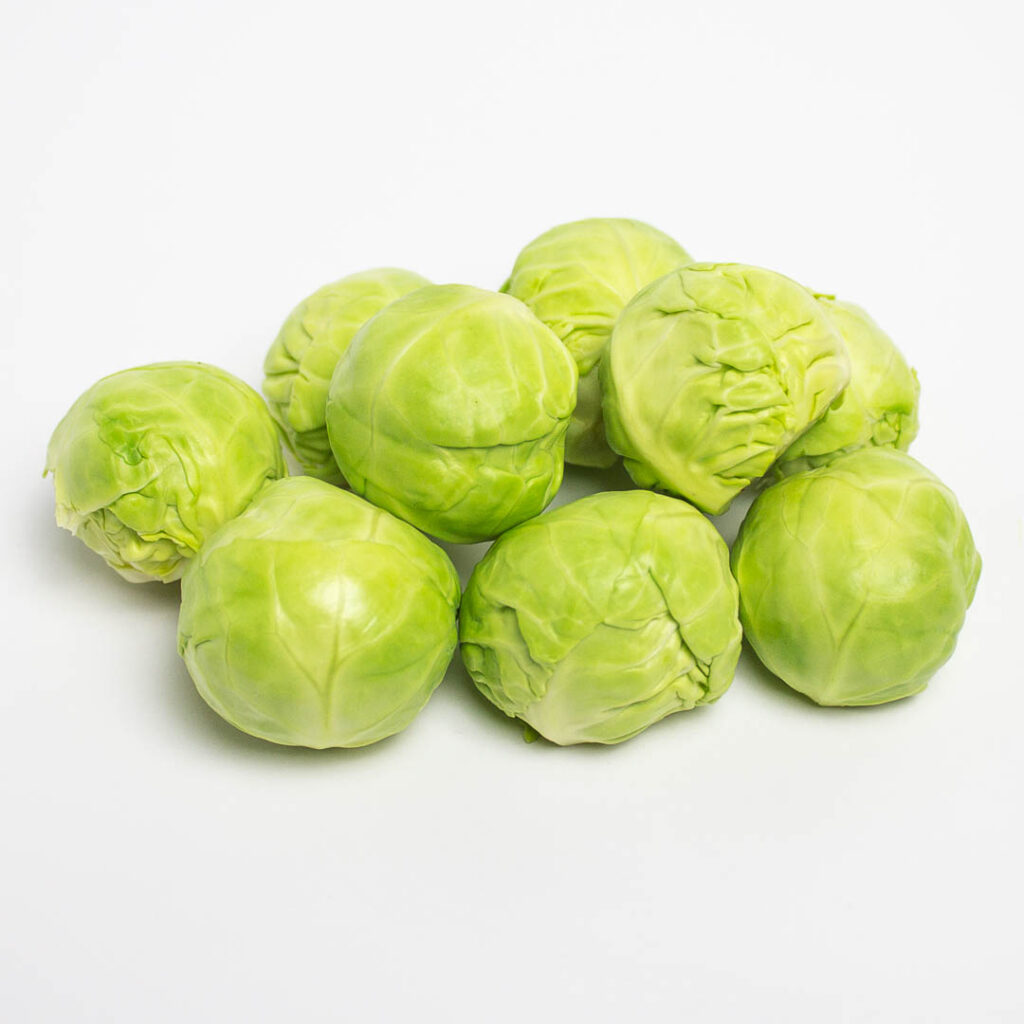
Brussels sprouts are very effective against breast cancer
HEALTH BENEFITS, NUTRITION FACTS AND RESEARCH
Health benefits of brussels spouts:
antioxidant, cardio-protective, blood sugar-regulating, anti-inflammatory
Brussels sprouts are a source of:
vitamin C, vitamin K, vitamin A (beta-carotene), folate (folic acid, form of Vitamin B9), soluble fibre, iron, calcium
Cancer-fighting compounds of brussels sprouts:
Beta-carotene:
- strong antioxidant
- shown to slow down genetic mutations, which lower the risk of some cancers
- slows down the growth of human breast cancer cells, stop their division and increase their cellular death
Caffeic acid:
- reported to act as an antioxidant in normal cells but as a pro-oxidant in cancer cells leading to their death
- slows down breast cancer growth by stopping cancer cells division, causing them to die
- associated with downregulation of a gene responsible for the resistance of cancer to chemotherapy
DIM (3,3’-diindolylmethane):
- may lower the risk of oestrogen dependent cancers as it may potentially balance the oestrogen metabolism
Glucosinolate derived PEITC (phenthyl isothiocyanate):
- protects cells from DNA damage and prevents new blood vessels from growing in tumour cells
- anti-tumour activity
- linked with a reduction in risk of breast cancer
- shown to inhibit migration of cancer cells
- shown to suppress the metastatic potential of breast cells/decreases metastasis
- shown to sensitive cancer cells to several chemotherapeutic agents
- has been shown to work synergistically with Taxol to increase apoptosis and cell cycle arrest in breast cancer cells
Quercetin (flavonoid):
- shown to have anti-cancer properties
- suppresses the growth of breast cancer stem cells, their self-renewal and invasiveness
- shown to cause cellular death of cancer cell lines
- increases breast cancer cells chemosensitivity to Doxorubicin
- potential cancer drug due to its ability to target and destroy breast cancer stem cells
- interferes with the growth of ER-positive and ER-negative breast cancer cells
Sulforaphane (SFP) isothiocyanates formed from glucosinolates:
- slows down breast cancer cells growth and induces apoptosis
- suppresses the growth of triple-negative and Trastuzumab-resistant breast cancer stem like-cells
- potential anti-cancer drug
NOTES:
Brussels sprouts should be eaten no more than once a week.